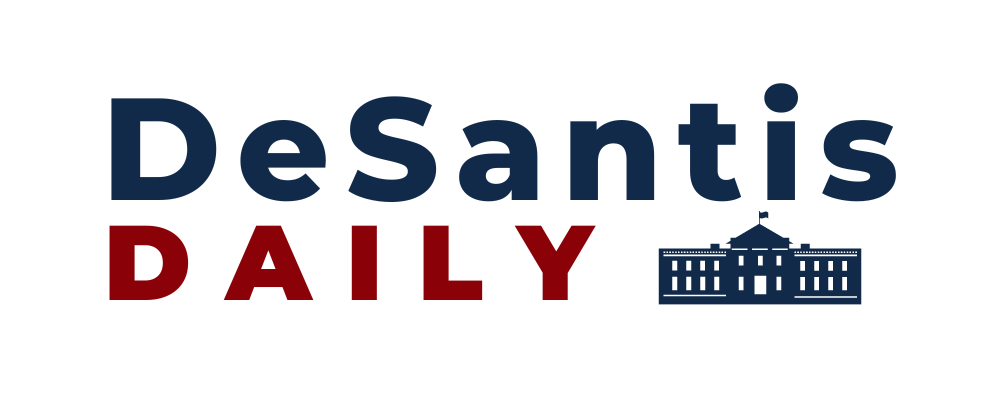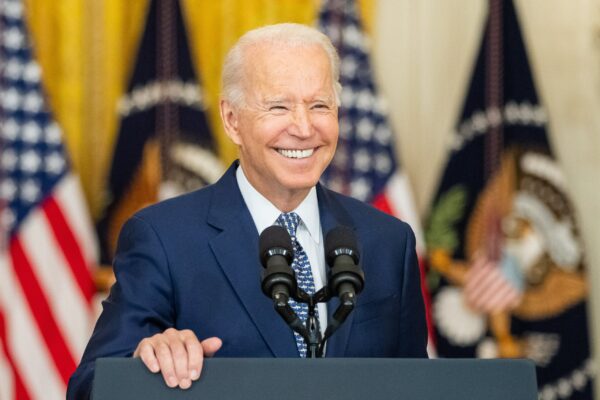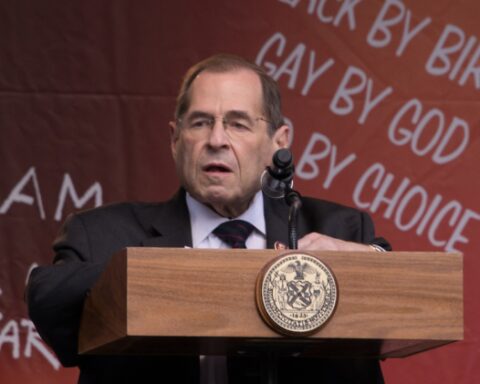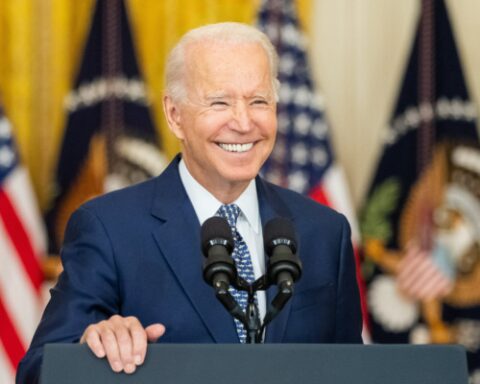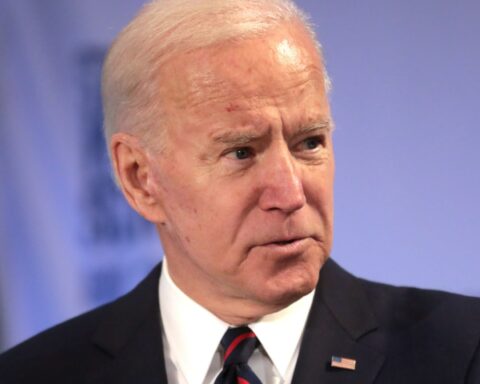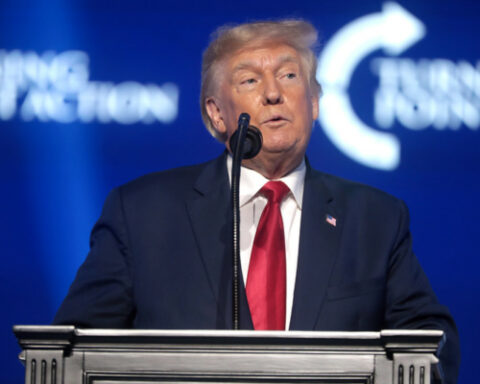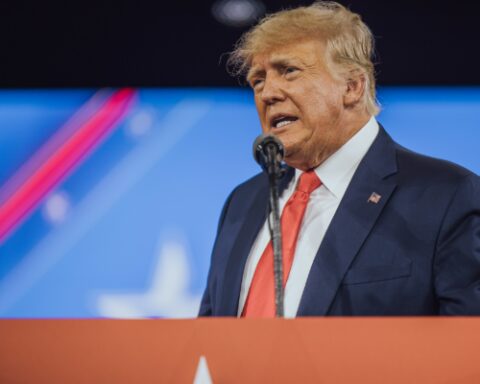In order to prevent a government shutdown and allocate over $100 billion in disaster and agricultural aid, the House and Senate have now reportedly finally approved stopgap spending legislation.
President Biden signed the legislation into law on Saturday morning.
The bill was House Speaker Mike Johnson’s third attempt to combine a three-month funding extension with emergency aid this week.
Johnson had to contend with competing demands from President-elect Donald Trump, his billionaire efficiency czar Elon Musk, internal GOP critics, and Democrats.
The proposal was approved by the Republican-controlled House by a vote of 366 to 34 on Friday evening, which is significantly higher than the two-thirds threshold required under special fast-track procedures.
The measure was also adopted by the Democrat-controlled Senate, 85-11, shortly after the midnight deadline. Typically, the government does not close down if a funding lapse is imminently resolved.
Johnson (R., La.) was compelled to develop the most recent strategy after a bipartisan plan that was unveiled on Tuesday was derailed by Musk and Trump, and a slimmed-down measure that was endorsed by Trump and included a debt-ceiling increase was defeated resoundingly in a floor vote on Thursday.
Johnson stated that he had been in “constant contact” with Trump and had spoken to Musk, including just 45 minutes before the vote concluded.
The proposal would provide $100 billion in disaster relief and $10 billion in economic assistance for farmers, in addition to extending government funding until March 14.
The bill also includes a one-year extension of the farm bill, which is the foundation of U.S. food and agriculture policy. Additionally, it entirely funds the reconstruction of the Francis Scott Key Bridge in Baltimore, which collapsed.
The bill eliminates a number of additional provisions that were included in the bipartisan agreement that Trump rejected, including a pay raise for lawmakers, a crackdown on “junk fees” for tickets and hotel rooms, restrictions on investments in China, and the transfer of a football stadium site to the Washington, D.C.. government. The stadium provision was subsequently adopted by the Senate as a distinct piece of legislation on Saturday morning.
The stopgap bill also does not include a measure that Trump has requested in recent days to increase the nation’s borrowing limit prior to his inauguration.
Instead, Republican legislators have committed to raising the debt ceiling and reducing expenditure in the upcoming year, but they have declined to vote on the matter until then.
[READ MORE: Trump Files Brief to Stop Biden’s Attempt to Sell Off Border Wall]
